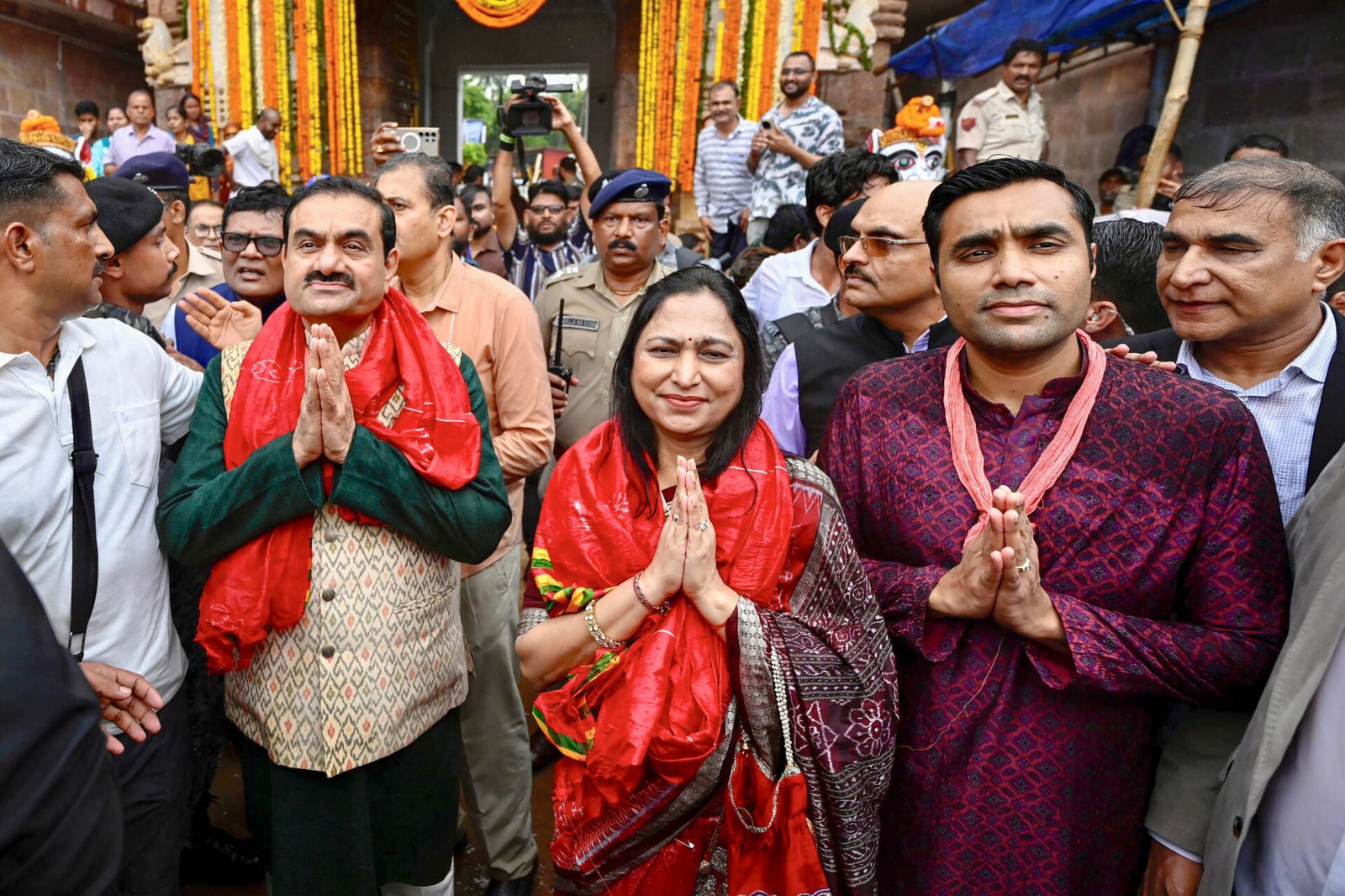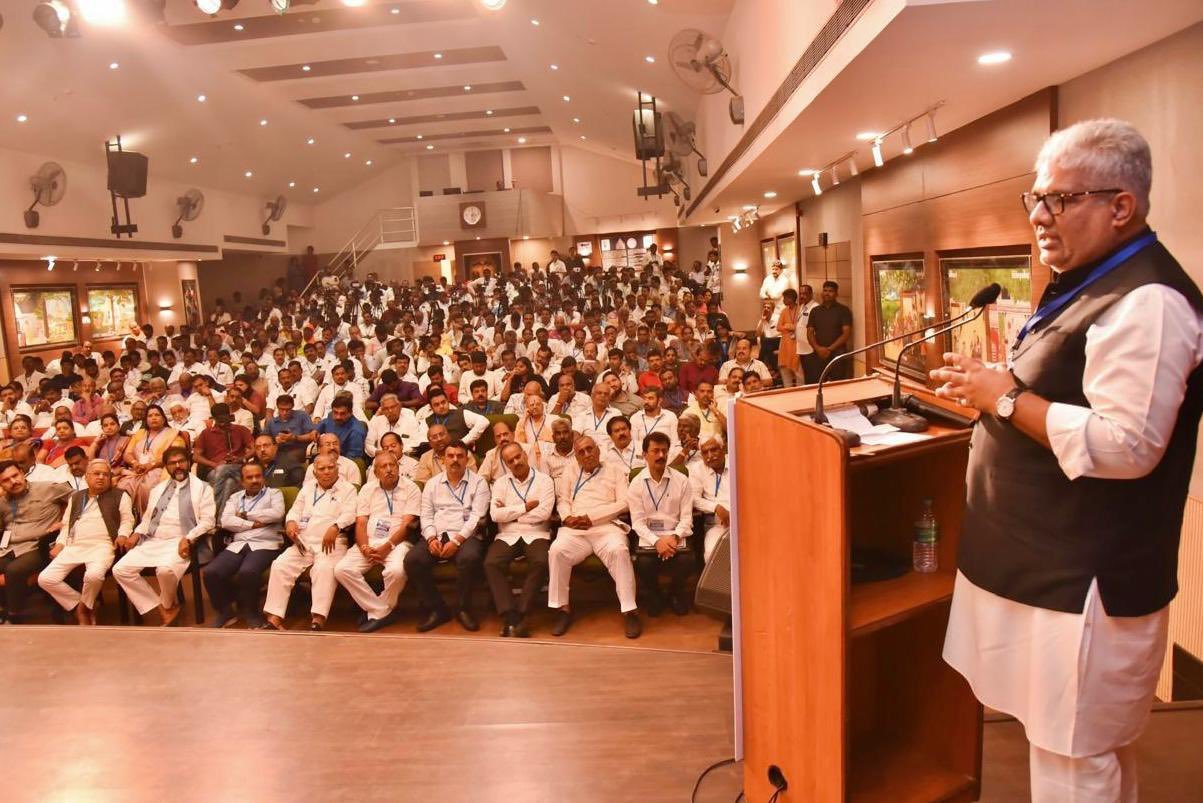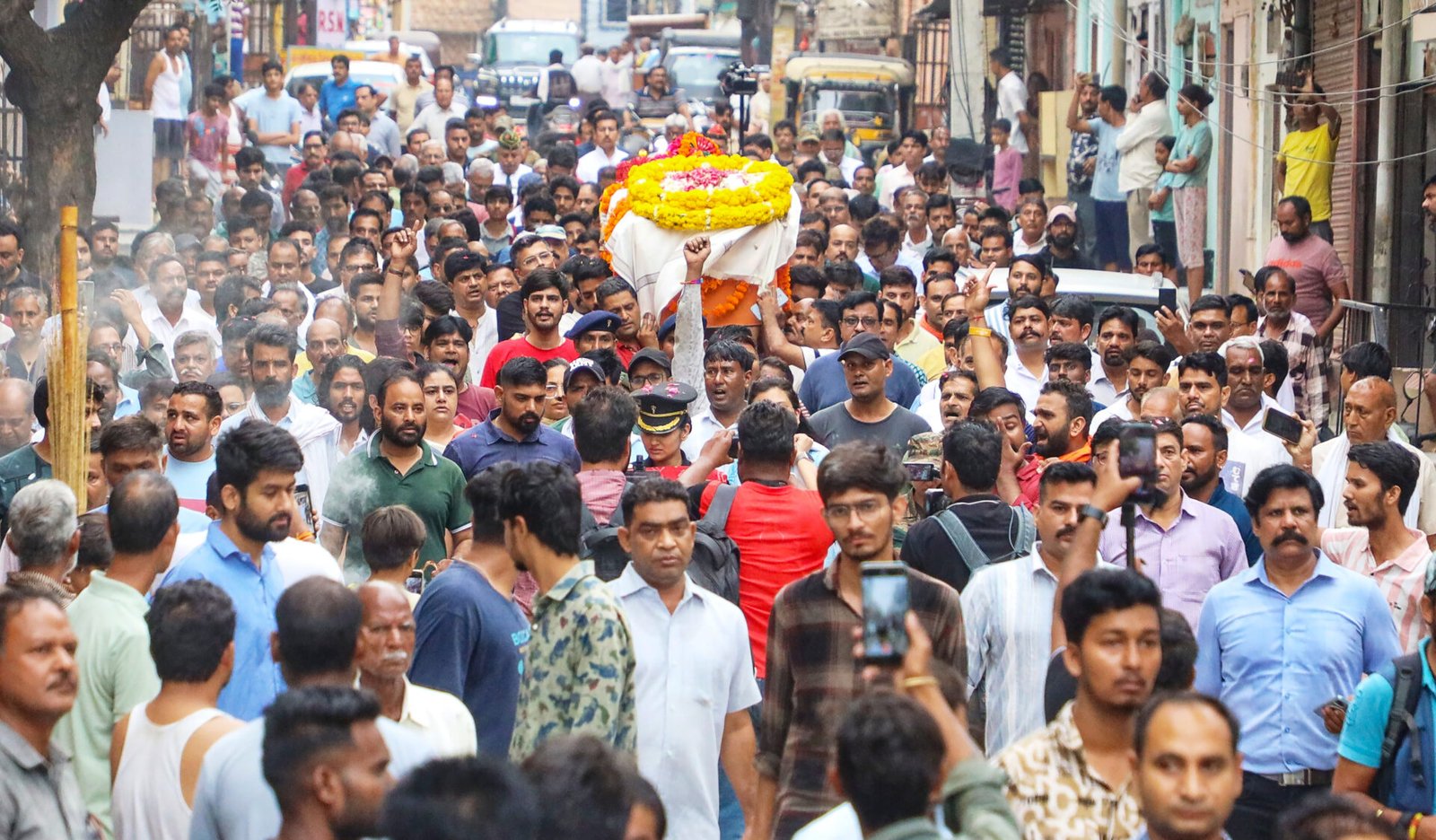
Kishanganj 24th April 2024 : In the politically charged atmosphere of Bihar, a recent statement by Asaduddin Owaisi, the president of the All India Majlis-e-Ittehad-ul-Muslimeen (AIMIM), has sparked debates and raised eyebrows. Owaisi, known for his vocal stance on minority issues, has directed attention towards Bihar Chief Minister Nitish Kumar’s silence over remarks made by Prime Minister Narendra Modi. The situation underscores the intricate dynamics of politics in the state, especially regarding the delicate balance of power and the pursuit of minority representation.
Owaisi’s questioning of Nitish Kumar’s silence comes in the wake of Prime Minister Modi’s comments that have garnered significant attention. Modi, during a public address, made remarks that have been interpreted by some as polarizing. The remarks, while not explicitly directed towards any individual or party, have nevertheless reverberated across Bihar’s political landscape, prompting responses from various quarters.
For Owaisi, Nitish Kumar’s silence on such a crucial matter raises questions about his commitment to addressing communal tensions and ensuring the protection of minority rights in the state. As the Chief Minister of Bihar, Nitish Kumar’s stance on issues of national importance holds considerable weight, especially in a state known for its diverse religious demographics.
The AIMIM leader’s inquiry into Nitish Kumar’s silence also sheds light on the broader political dynamics within Bihar. With assembly elections often characterized by intricate alliances and strategic maneuvering, every statement and action by key political figures can potentially influence voter sentiment and electoral outcomes.
Furthermore, Owaisi’s remarks add another layer to the ongoing discourse surrounding minority representation in Indian politics. As a prominent leader advocating for the rights and interests of Muslim communities, Owaisi’s scrutiny of Nitish Kumar’s silence underscores the importance of addressing concerns related to religious minorities within the political sphere.
In response to Owaisi’s comments, Nitish Kumar’s camp has maintained a measured stance, refraining from direct confrontation. The Chief Minister’s silence on the matter may stem from various strategic considerations, including the intricacies of coalition politics and the need to balance diverse interests within the state.
However, as the political landscape continues to evolve in Bihar, the issue of minority representation and the responsibility of political leaders to address communal tensions remain central to public discourse. The exchange between Owaisi and Nitish Kumar serves as a reminder of the complexities inherent in navigating the intersection of politics, religion, and governance in contemporary India.
As Bihar prepares for future electoral battles and grapples with pressing socio-political challenges, the role of leaders like Nitish Kumar and voices like Owaisi’s will undoubtedly shape the course of the state’s political trajectory. Whether Nitish Kumar chooses to break his silence or maintain his current stance, his actions are likely to have far-reaching implications for Bihar’s diverse populace and its democratic fabric.








